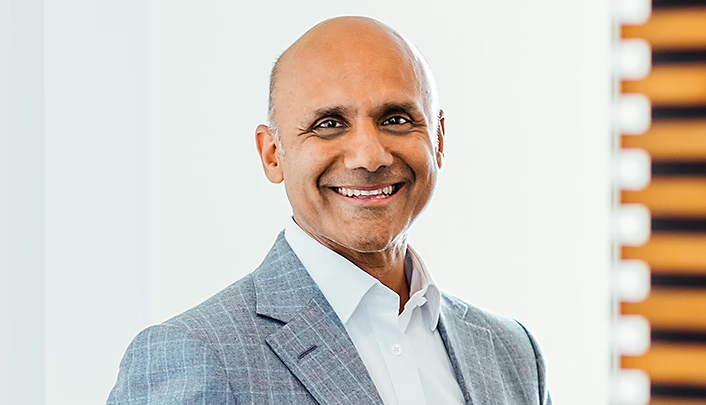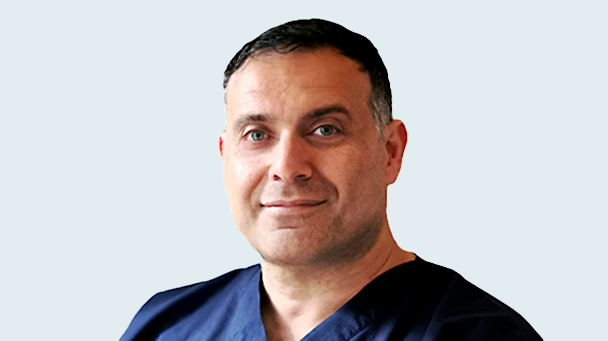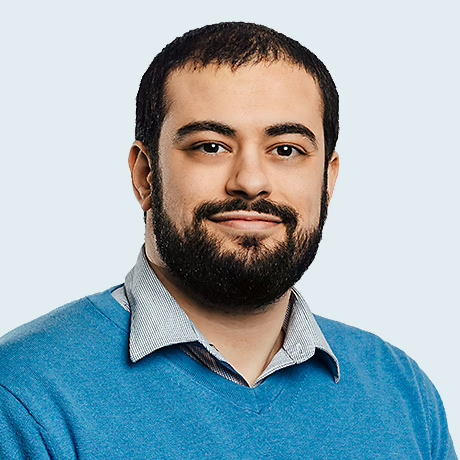Call
03 9890 4333
FAX :
03 9890 4666
Email us
Hours
M–F
8.30 am–4 pm
Sat
Closed
Sun
Closed
Book a consultation
Do NOT use this form in an emergency – contact one of our clinics or your nearest hospital emergency department instead.
Some services may not be performed by your preferred doctor or at your preferred clinic. We will confirm this with you before making an appointment.
Boronia Ophthalmic Services
Our Boronia clinic (located within Melbourne Eastern Healthcare) is a state-of-the-art clinic offering testing and treatment for retinal conditions, cataracts, glaucoma and a range of more general eye conditions.
We also offer intravitreal eye injections and accompanying scans at no out-of-pocket expense. This means that you will only pay the PBS prescription cost if you have a referral from your GP, optometrist or another medical specialist.
Low-cost eye injection clinic

Struggling to afford the cost of eye injections? Our eye injection clinic aims to make treatment more affordable and accessible, so you can keep up with your injections.
Our clinic is suitable for patients who require eye injections (intravitreal injections) to treat a condition such as wet macular degeneration, diabetic eye disease or vein blockage.
If you’re currently receiving eye injections and ready to change to one of our clinics, transferring is straightforward. Simply call the clinic on (03) 9890 4333 and our friendly staff will talk you through the process. We also accept new patients with a referral from your optometrist or GP.
Clinic team
Our Doctors
-

Dr Devinder Chauhan
MBBS MD FRCOphth FRANZCO
Expertise
- Retinal conditions
- Macular degeneration
- Diabetic eye disease
Book a consultationwith Dr Devinder Chauhan
Dr Jeremy Diamond
MB ChB, PhD, FRCS, FRCOphth, FRANZCO
Expertise
- Cataract & lens surgery
- Glaucoma
- Diabetic eye disease
- Macular degeneration
- Retinal conditions
- Dry eye
- General eye health
Book a consultationwith Dr Jeremy Diamond
Dr Sky Chew
MBBS BMedSc MMed FRANZCO
Expertise
- Cataract & lens surgery
- Diabetic eye disease
- Macular degeneration
- Retinal conditions
Book a consultationwith Dr Sky Chew
Dr Elvis Ojaimi
MBBS MMed FRANZCO MD
Expertise
- Cataract & lens surgery
- Diabetic eye disease
- Macular degeneration
- Retinal conditions
- General eye health
Book a consultationwith Dr Elvis OjaimiSupport Staff
 Matthew BoulosPractice manager
Matthew BoulosPractice manager-
What Our Patients Say
Excellent staff, lots of information. Fully understand what is going on with my eyes now. Very pleased.
Clinic facilities
Opening in November 2016, Vision Eye Institute Boronia features the latest in ophthalmic technology and equipment. Many of our procedures, including eye injections, are performed on-site in our consulting and treatment rooms. Surgical procedures are performed at Whitehorse Day Surgery.
Clinic services
In addition to treating general eye conditions, our ophthalmologists see patients with retinal conditions, cataracts and glaucoma. We also specialise in eye injections, which are commonly used to treat retinal conditions, including wet age-related macular degeneration, retinal vein occlusion and diabetic retinopathy.
Where possible or necessary, we carry out tests and treatment on the same day.
Cataract surgery
Cataract surgery usually takes less than 30 minutes and is performed at Whitehorse Day Surgery. During this procedure, your surgeon will make a tiny 2–3 mm incision in the outermost layer of your eye (the cornea) to allow replacement of your cloudy lens with an artificial one.
Retinal conditions
As part of your retinal examination, you will be given eye drops to dilate your pupils. This helps your ophthalmologist to see your retinas more clearly, usually with the assistance of a bright, head-mounted light.
A range of other tests and procedures may follow to help provide an accurate diagnosis and guide your treatment. Many retinal conditions can be sight-threatening, so your ophthalmologist may recommend an urgent procedure or surgery.
The eye drops used during a retinal examination cause blurred vision and increased sensitivity to glare, so you may not be able to drive for 4 to 6 hours after your appointment.
Affordable eye injection clinic
Eye injections are used to treat a number of potentially blinding retinal eye conditions, including wet macular degeneration, diabetic eye disease and vein blockages. An ongoing course of injections is usually required to maintain vision, which is why it’s important for patients to continue their treatment. Unfortunately, around 1 in 4 patients receiving eye injections stop their treatment after twelve months.1 This is often due to cost and inconvenience, which is why our low-cost eye injection clinic was set up.
Watch retinal specialist Dr Devinder Chauhan explain more about the clinic in the video below:
What to expect during your eye injection appointment
During an eye injection, Dr Chauhan will inject a drug into your eye to reduce bleeding and leakage from damaged or abnormal blood vessels. Most patients experience pressure in the eye but no sharp pain. If you are receiving an eye injection, you can expect to spend approximately 30 to 45 minutes in our clinic.
Dr Chauhan has performed over 10,000 eye injections and uses a combination of anaesthetic drops and a gentle technique to put patients at ease and minimise discomfort. In the following video, Dr Chauhan takes you through a typical eye injection appointment at Vision Eye Institute Boronia. He explains what to expect before, during and after your visit.
Glaucoma treatment
If your ophthalmologist suspects glaucoma, you will undergo a number of tests to assess your vision, eye pressure and overall health and structure of your eyes. Depending on the outcome of these tests, eye drops, laser treatment or surgery may be recommended to reduce eye pressure and help prevent further vision loss.
Surgical options for glaucoma include filtration surgery and minimally-invasive glaucoma surgery (MIGS, e.g. iStent). Laser options include selective laser trabeculoplasty and laser peripheral iridotomy.
The information on this page is general in nature. All medical and surgical procedures have potential benefits and risks. Consult your ophthalmologist for specific medical advice.
ResourcesGetting to our Boronia clinic
By car
Boronia is in the eastern suburbs, approximately 32 km from the Melbourne CBD. Located within the Melbourne Eastern Healthcare facility, the clinic is close to Eastlink and features plenty of free parking and an onsite café.
DO NOT DRIVE YOURSELF TO YOUR APPOINTMENT – please ask someone to drive and accompany you to the clinic instead. During your visit, you may require a procedure that results in blurred vision and/or increased sensitivity to glare. In these situations, you will not be able to drive safely after your appointment.
By public transport
Our clinic is a 20-minute walk from Bayswater train station. The Route 753 bus departs from Bayswater train station and stops very close to Melbourne Eastern Healthcare.
Disability access
Our clinic has convenient access for people with limited mobility.

